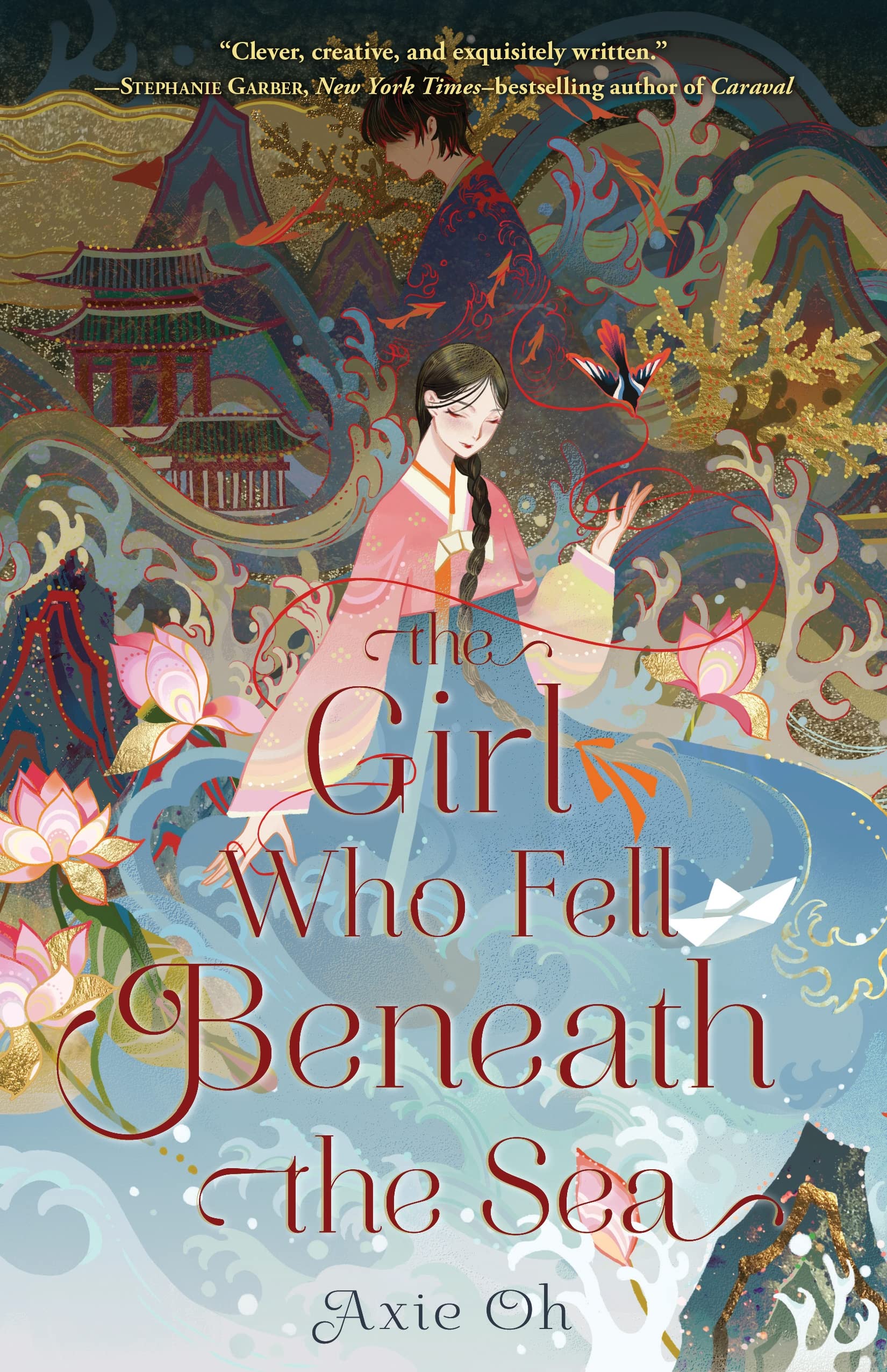How hard it is for me to give this book only a measly two stars! Initially, I was drawn into Josephine's story, particularly because this fascinating woman was, in fact, a real person, and the author's note gave me an idea of Alexander's love for Josephine and her dedication to making her known to the wider world. I must say that, as always, this is simply a case of me personally not clicking with a book -- just because I didn't enjoy it, doesn't mean that you won't. With that being said, there are some issues with this novel that I feel the need to address, particularly in regards to its narrative, plotlines and historical accuracy.
First and foremost, my main complaint with Carolina Built is that much of it does not mesh with historical reality. As expected with fiction, not every single part of a book is typically "historically accurate," as there are authorial liberties that must often be taken for the sake of a story or character, but some of the problems in this are absolutely egregious. For example, when Josephine is pregnant, she forgoes wearing a corset, despite the fact that there were maternity corsets, which were softer and typically unboned. I perhaps could've overlooked this, were it not for the fact that Josephine then proceeds to go about town and visit her landlord in this state. It was practically enough to make my mouth drop open. There is no way, in any circumstance, that a woman of Josephine's position and society would do such a thing. Women are often frequently mentioned wearing trousers as well, despite the fact that this story takes place through the 1870s' up until the 1890s'.
For most of history, it was not only considered inappropriate and strange for women to wear trousers, but illegal. One character, a friend of Josephine's, wears trousers, but she is by and large considered to be "different" and unwomanly; this didn't bother me much. But it is not only this character who dons them, and it just struck me as out of time and place. There's a long and complex history of women's relationship with trousers and pants, but in order to keep this review short, I'll say simply that it was not only uncommon, but something that could easily jeopardize a woman's position amongst her peers, in society, and as a woman altogether. There are several other examples I could list of this book making similar errors, but it would take too long to list them all.
The other big problem I struggled with is characterization and the timeline jumps. Almost every chapter (with very few exceptions) take us from year to year: for example, one chapter will show us Josephine in 1873, and then the next will take place in 1874, then the next will be 1875, and so on and so forth. Not only did this rob us of an opportunity to get to know Josephine in any meaningful way, but it also was just...jarring. There are also some chapters which give us things from Josephine's husband's, Sweety, perspective. I wasn't really sure what these aimed to do: make us like him more, or less? Putting it plainly, his character was awful, and I couldn't find any reason to sympathize with or like him. The chapters don't even seem that different, because neither Josephine nor Sweety seem to possess a personality outside of their designated traits (Josephine being kind, brave, ambitious; Sweety being insecure, often mean, and little more than that).
I don't want to go on and on about the things I didn't like about this book, so for a moment, I would like to expand on the things I did enjoy. Mainly, I loved the real history behind this powerful woman, and I think had we been given an opportunity to really understand her business acumen and cleverness (it's never really shown, only told to us), this book would've been far better and more interesting. Josephine's relationships with her two daughters, Clara and Florence, were beautiful, touching and very sweet, and her unchanging support of them was lovely to read. One of the other reasons this book still got two and a half stars is because it celebrates Josephine's accomplishments, her life, and the fact that she fought for the life she wanted and the futures she believed her daughters deserved.
Finally, I do want to end this on the note that it is Josephine's relationship with Sweety that truly brought this book down even further for me. I couldn't stand the way she put up with a man of this character, who committed the acts that he committed, said the things he said, and although Alexander cannot, of course, change the facts of Josephine's life, it was extremely difficult for me to find any redeeming qualities in Sweety. He was a constant aggravation, not only for Josephine, but for me as a reader, too.
With all that being said, it's hard for me to recommend this one, but I must say there are many others who I know will love this book, and as always with all forms of enjoyment in our lives, will get more from it than I did. So, make your own choice on whether or not you want to pick this one up, but for me, it didn't feel worth the 300+ page journey.








